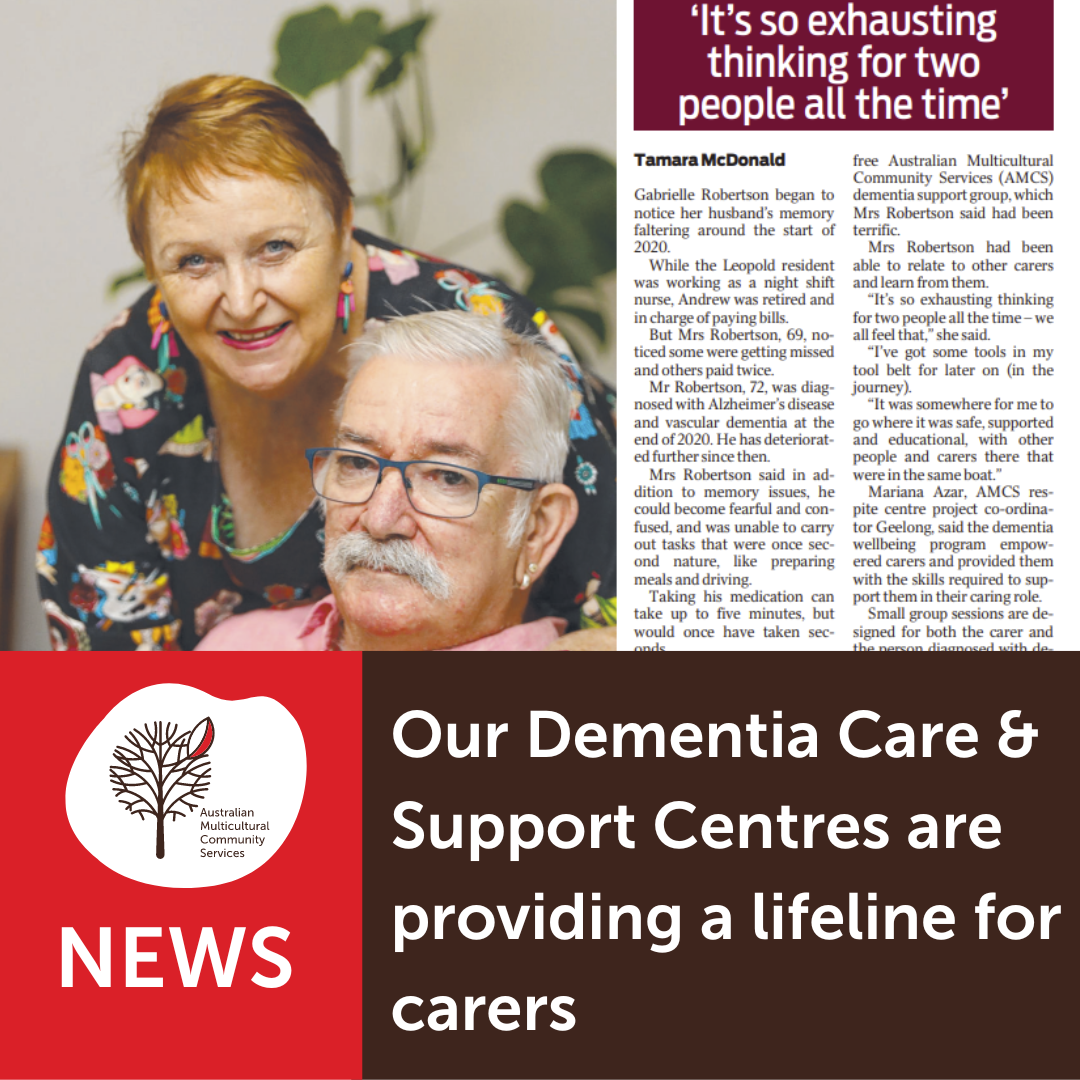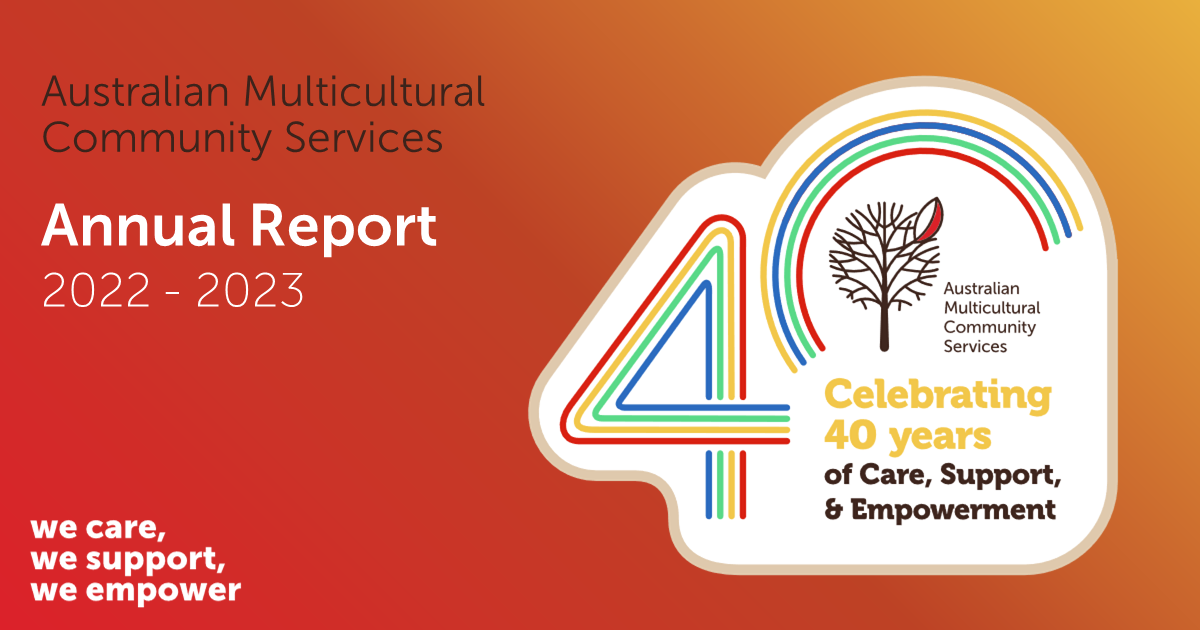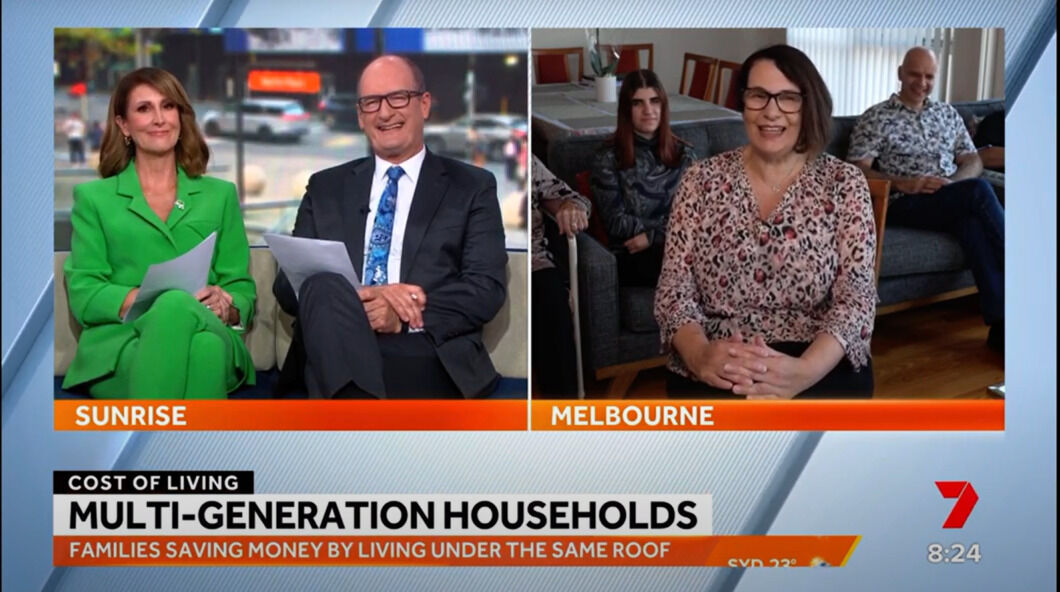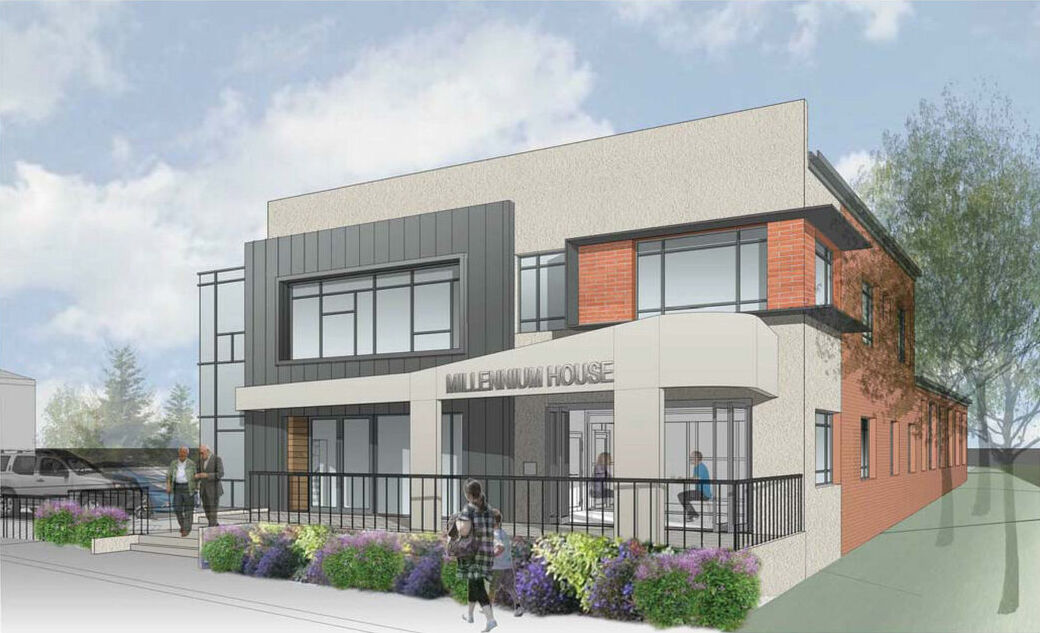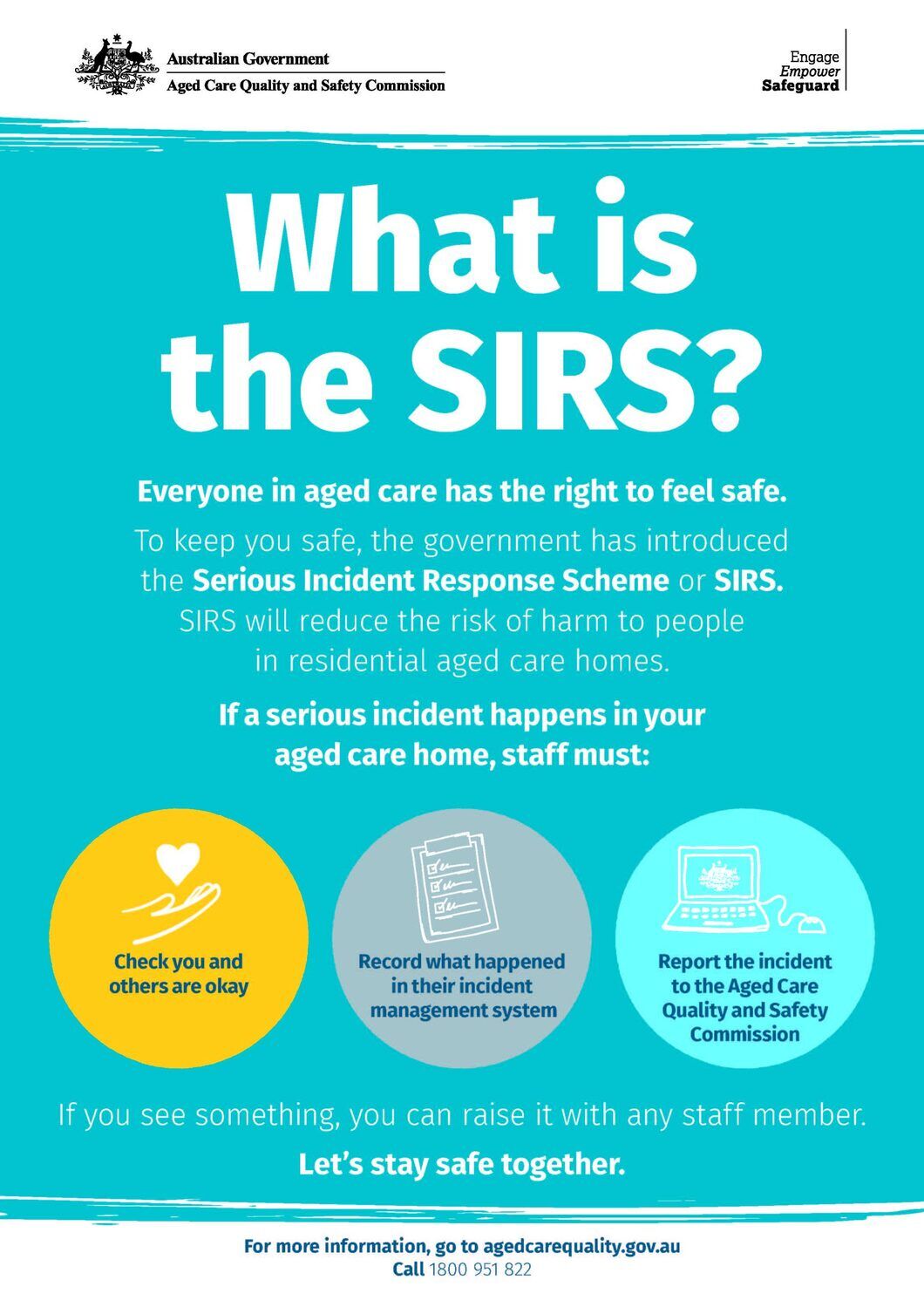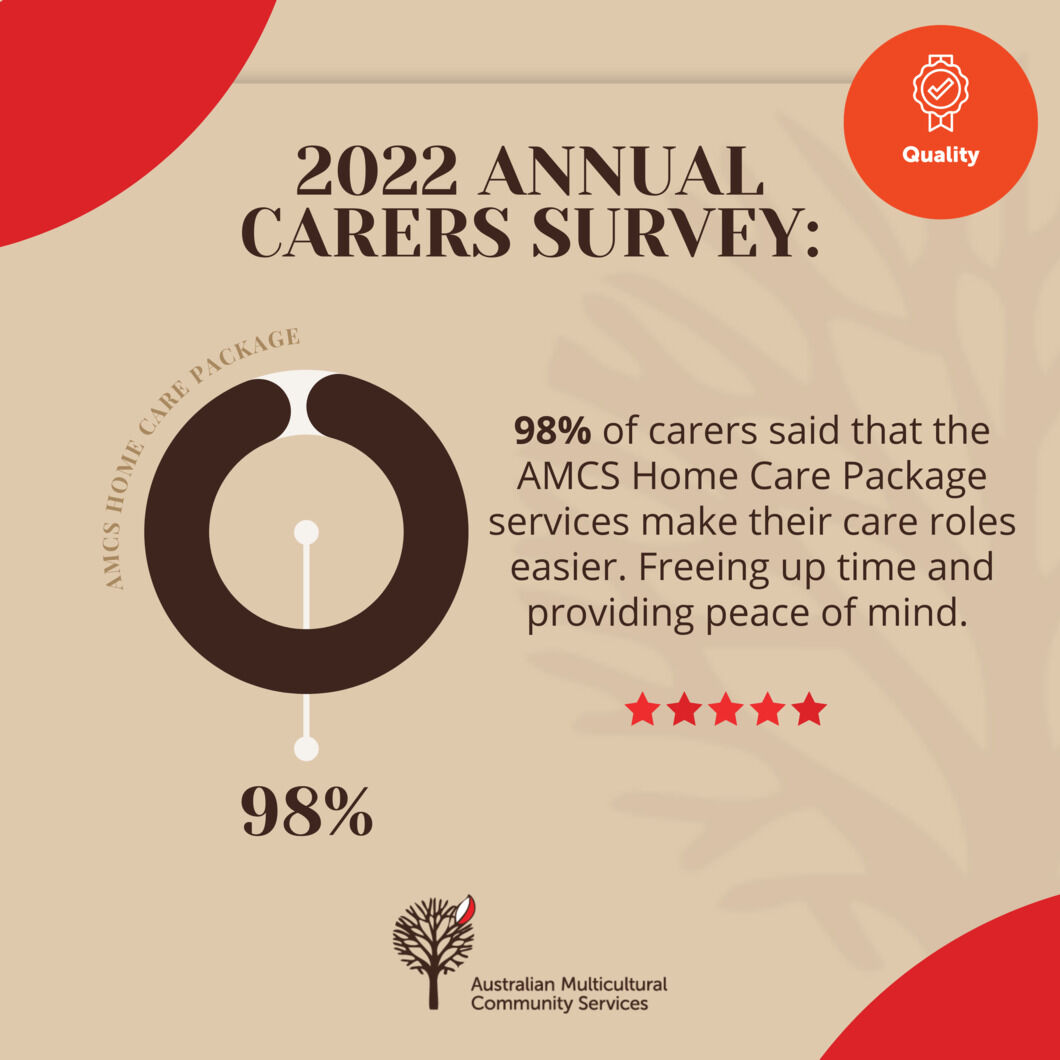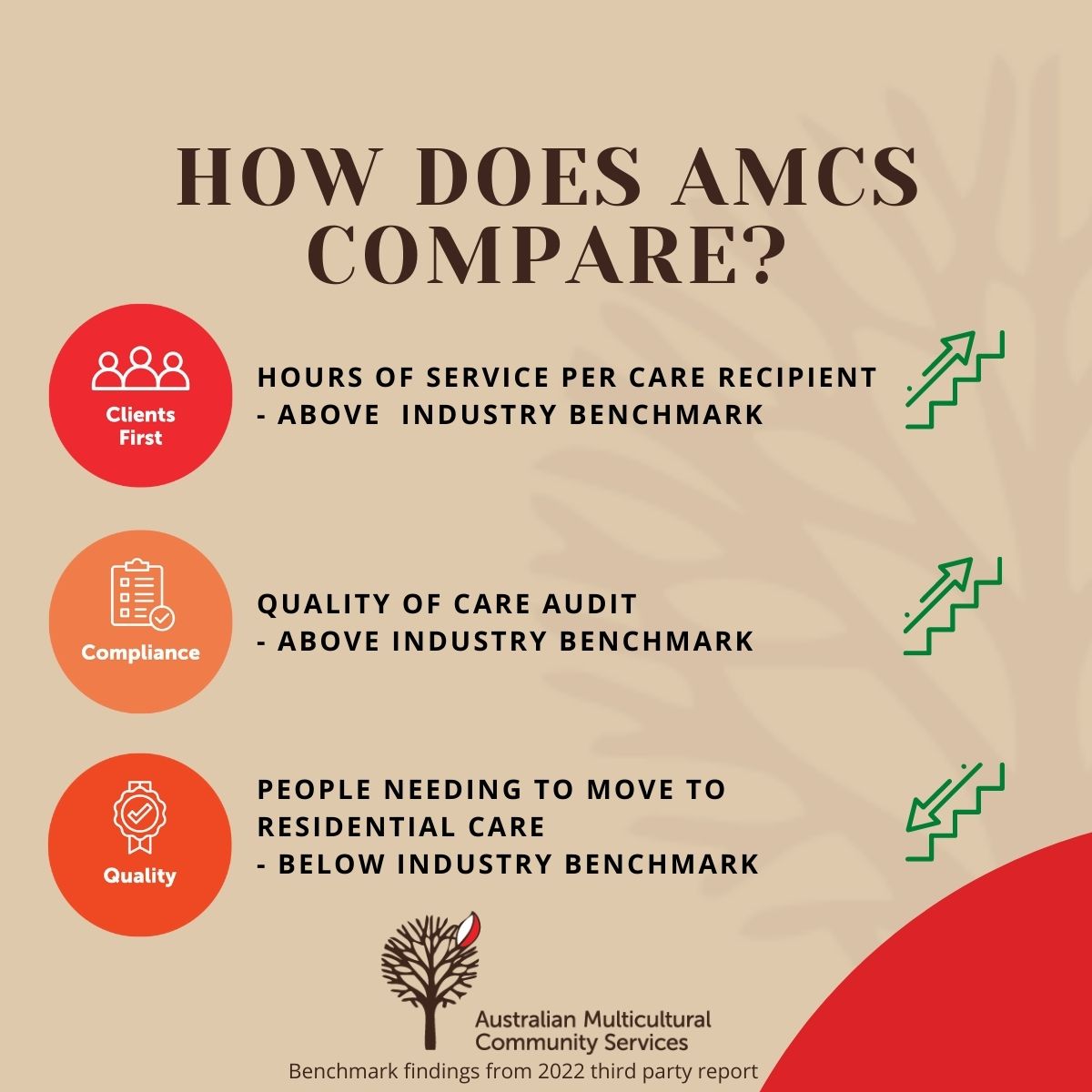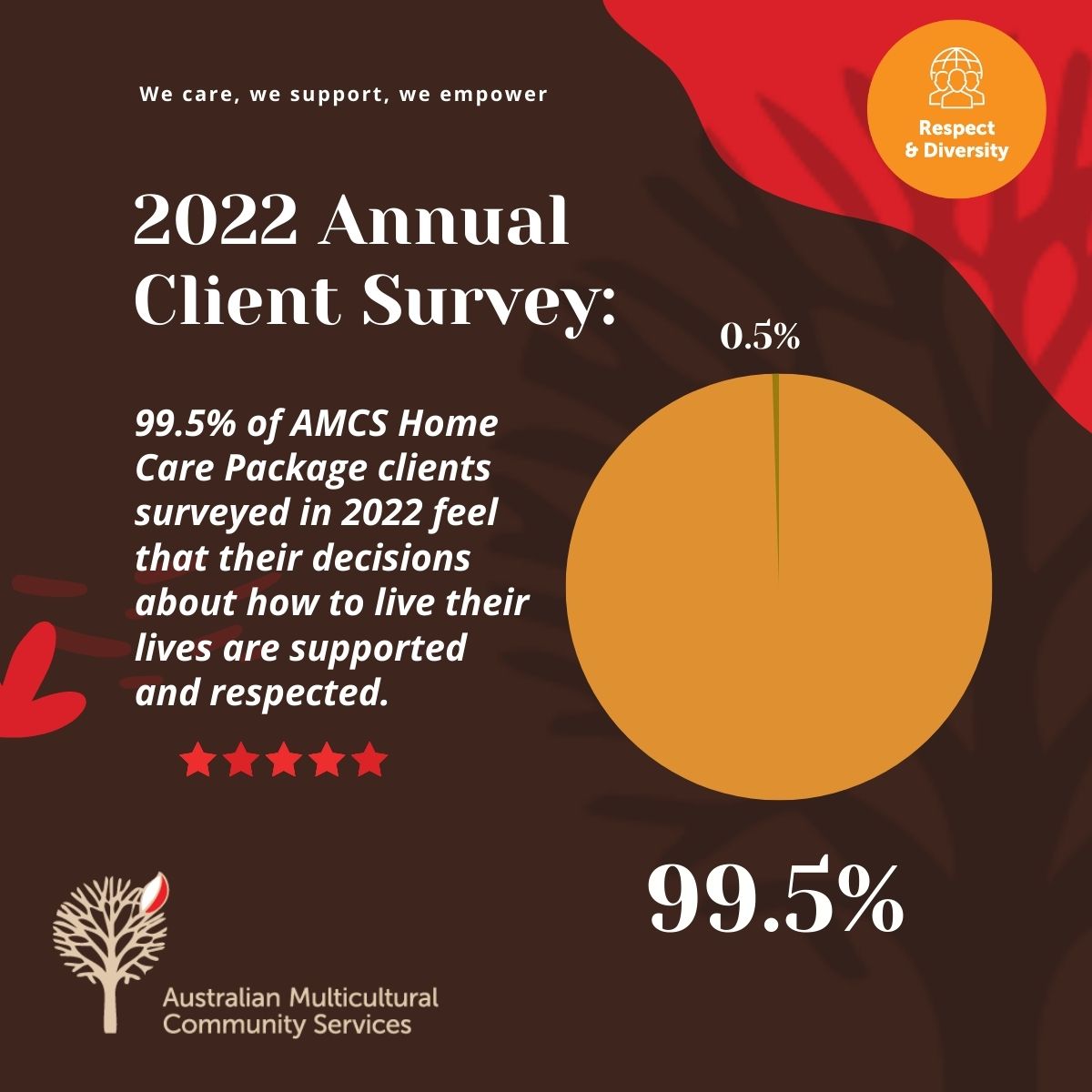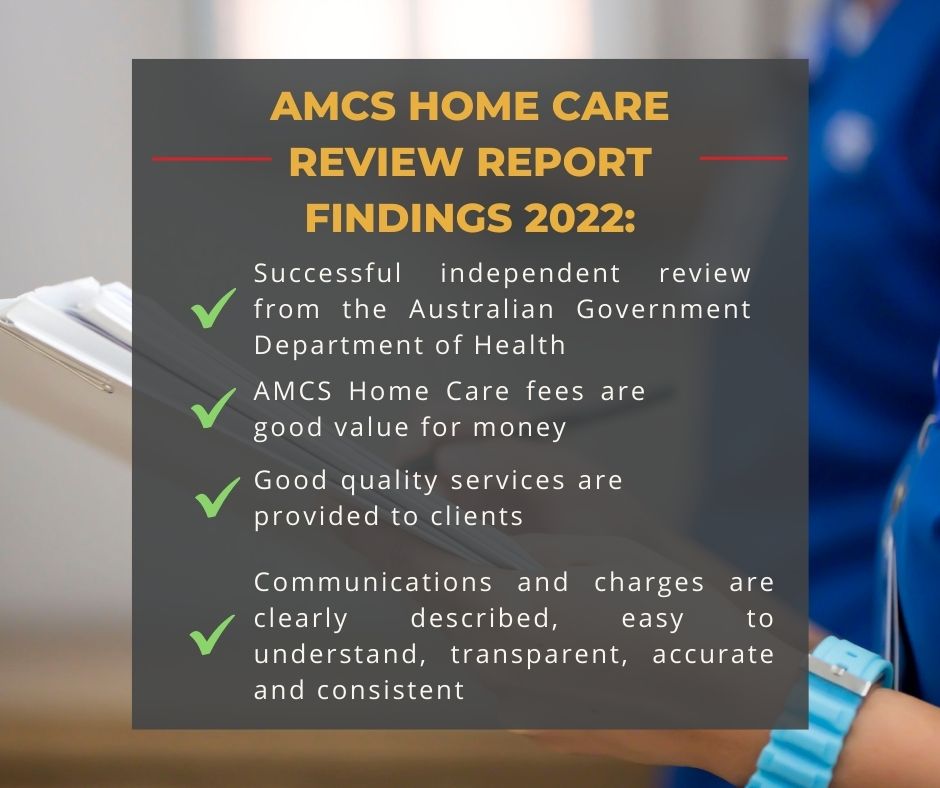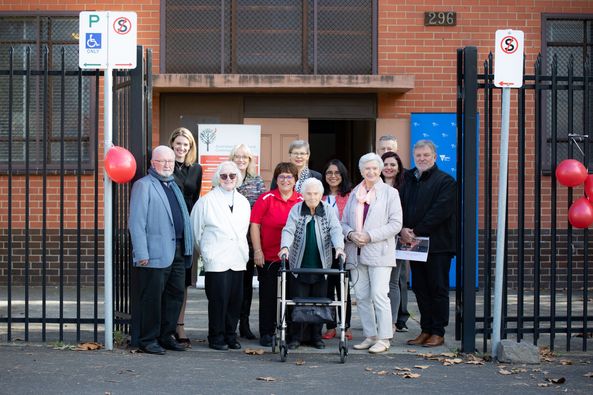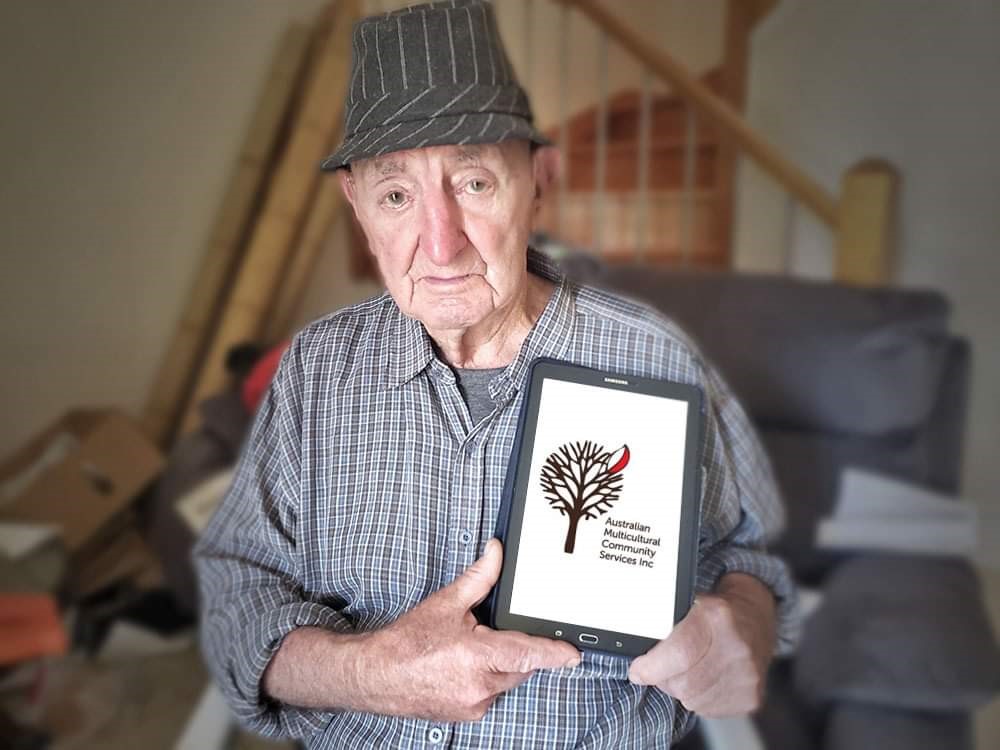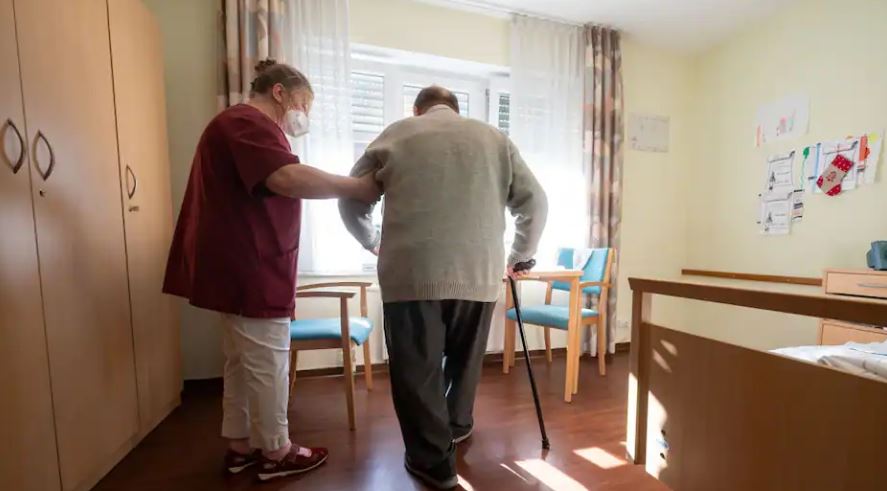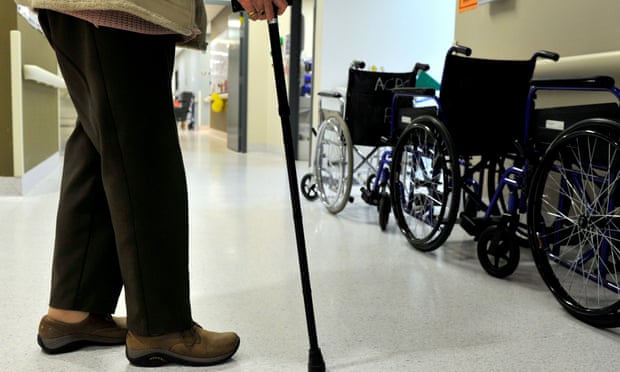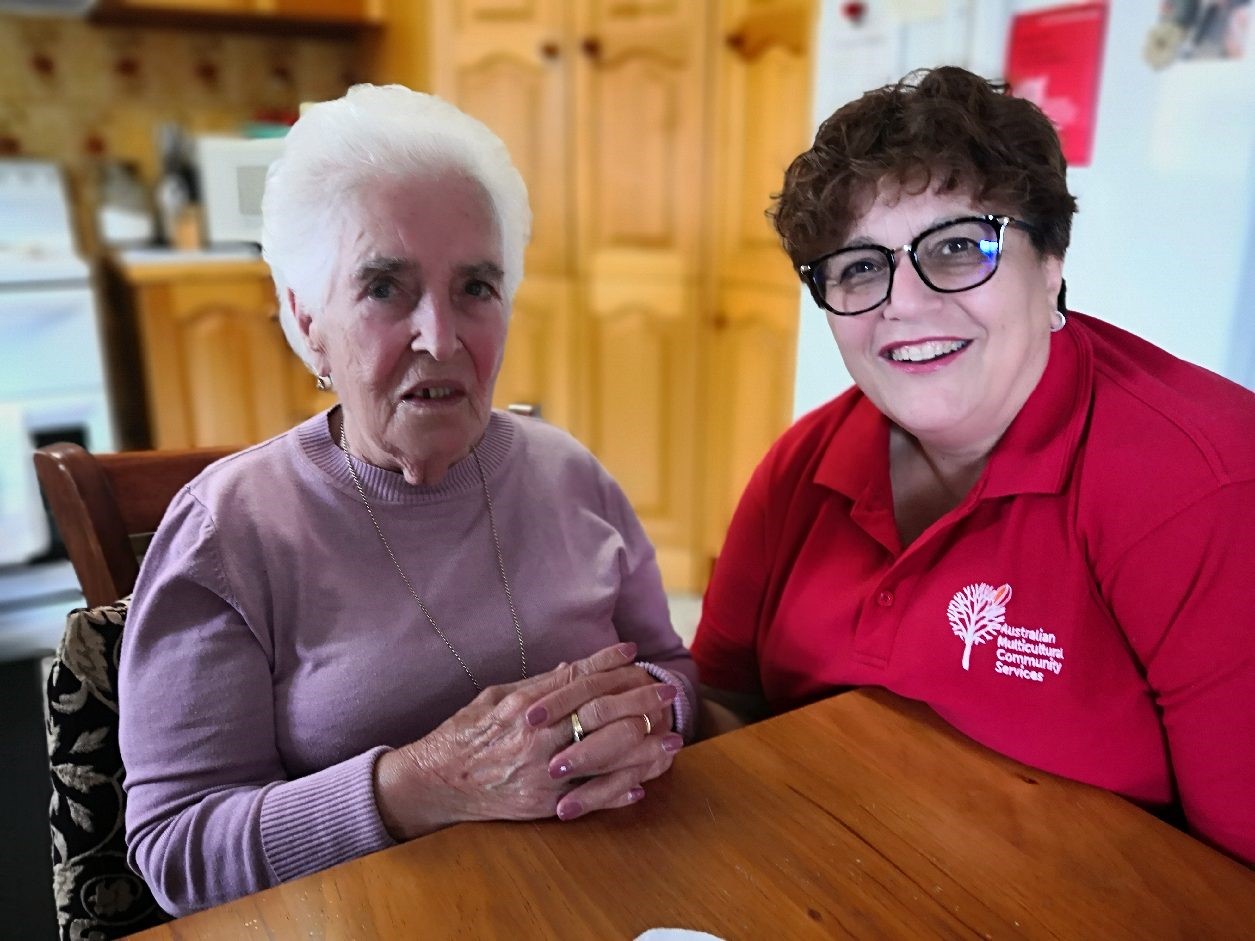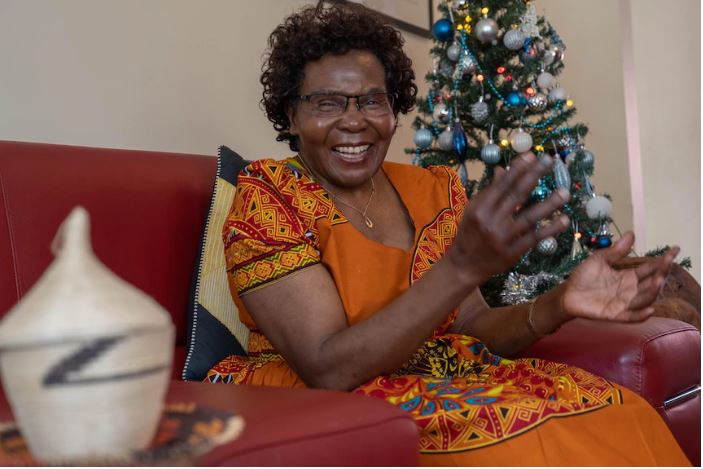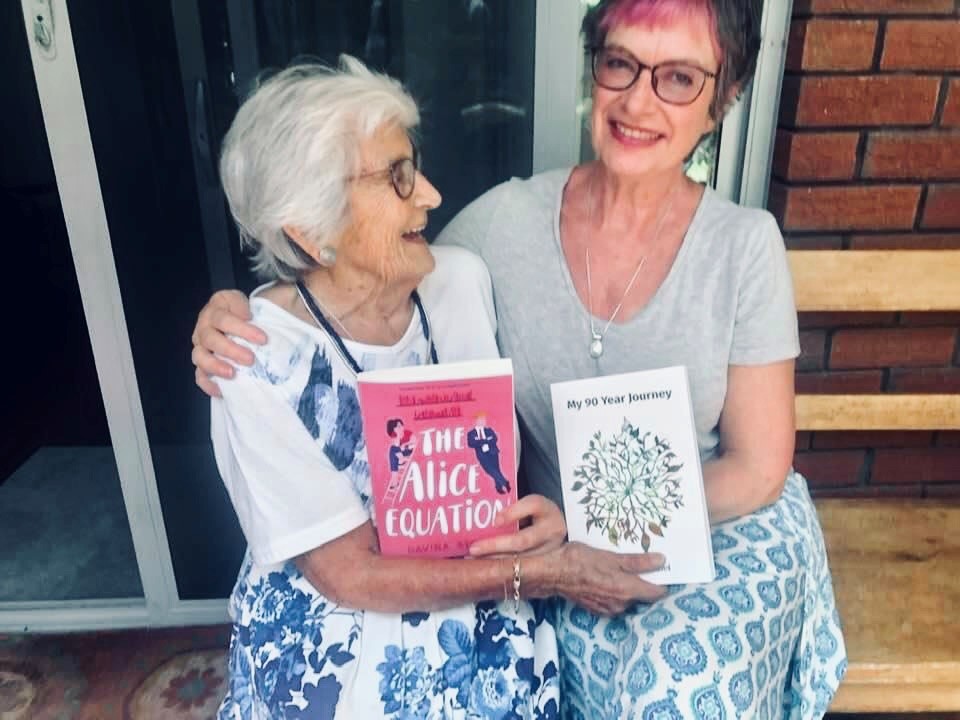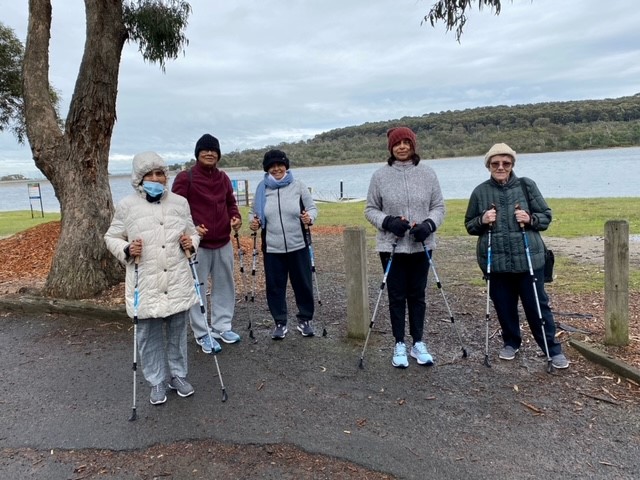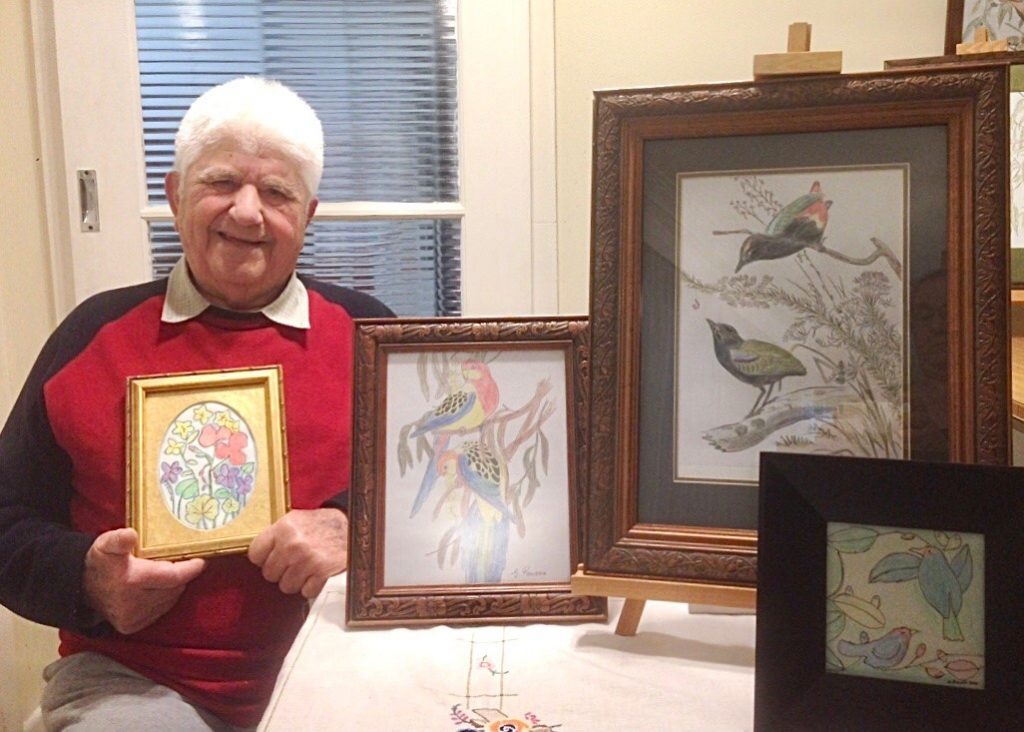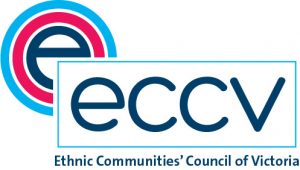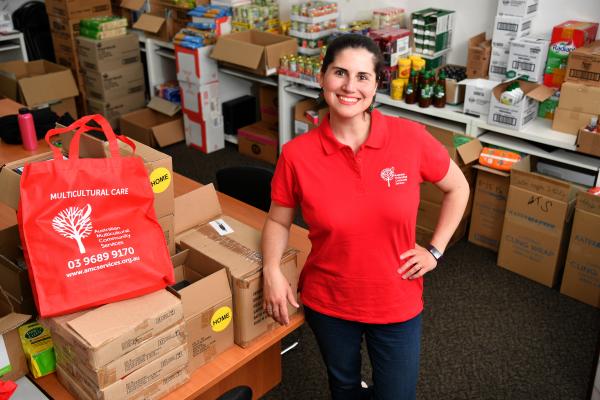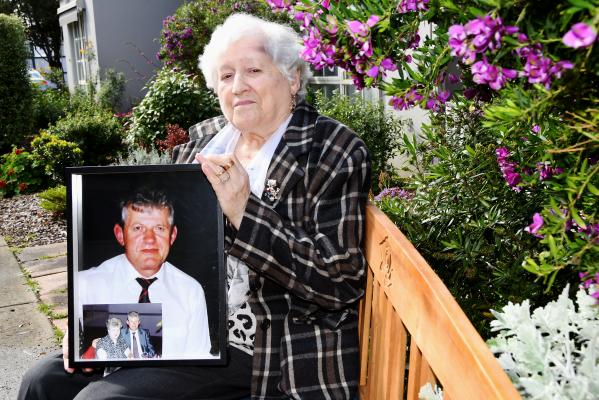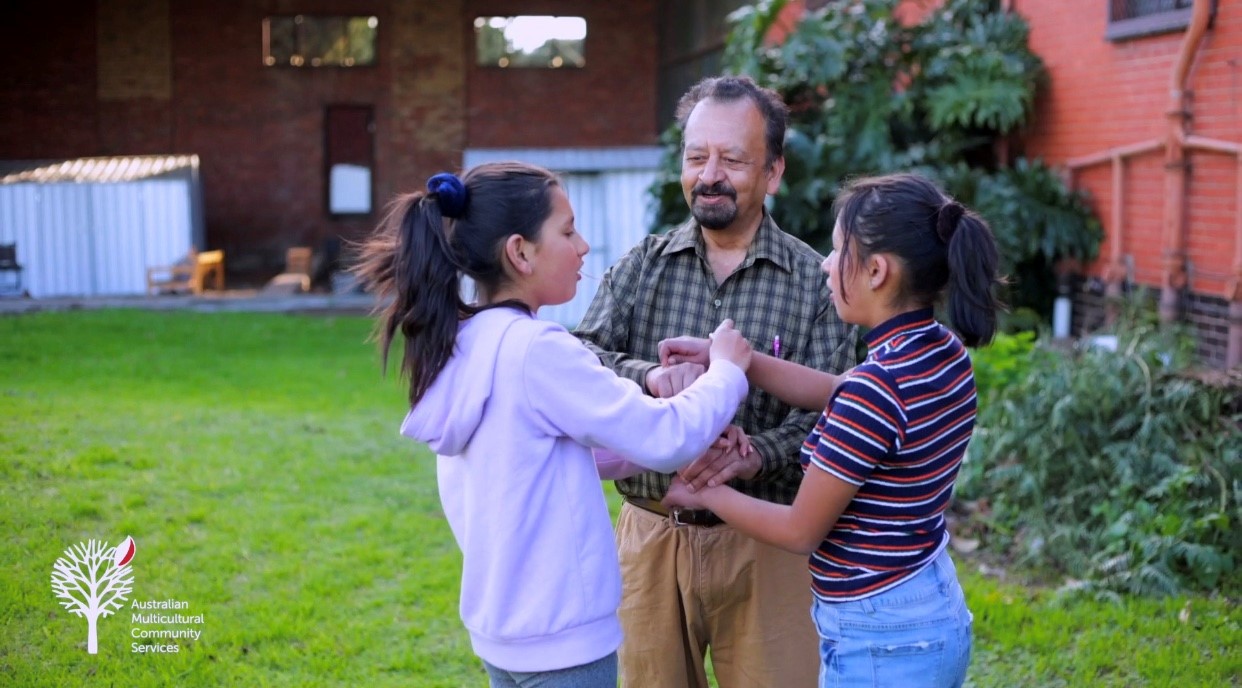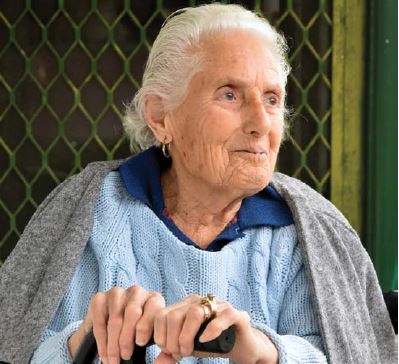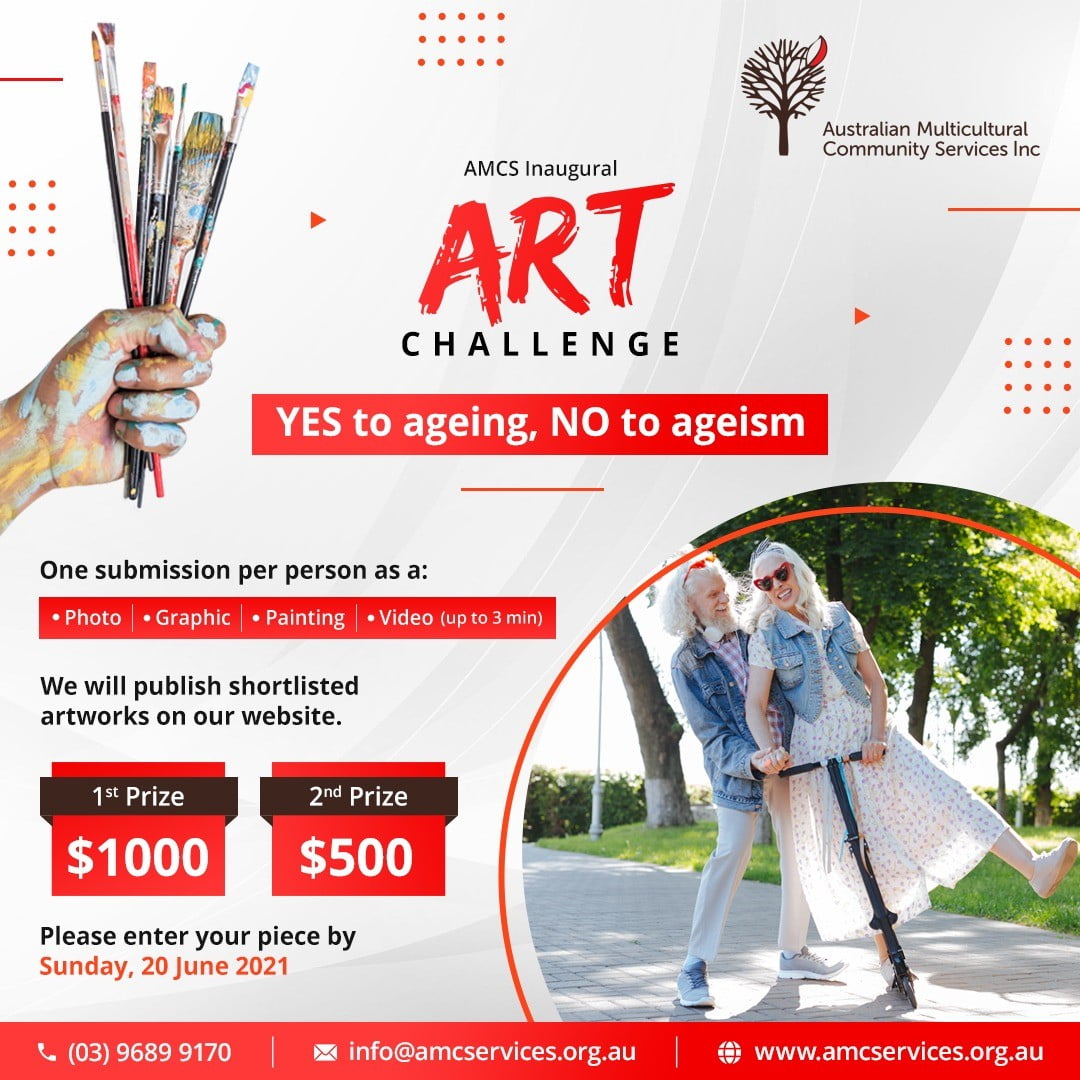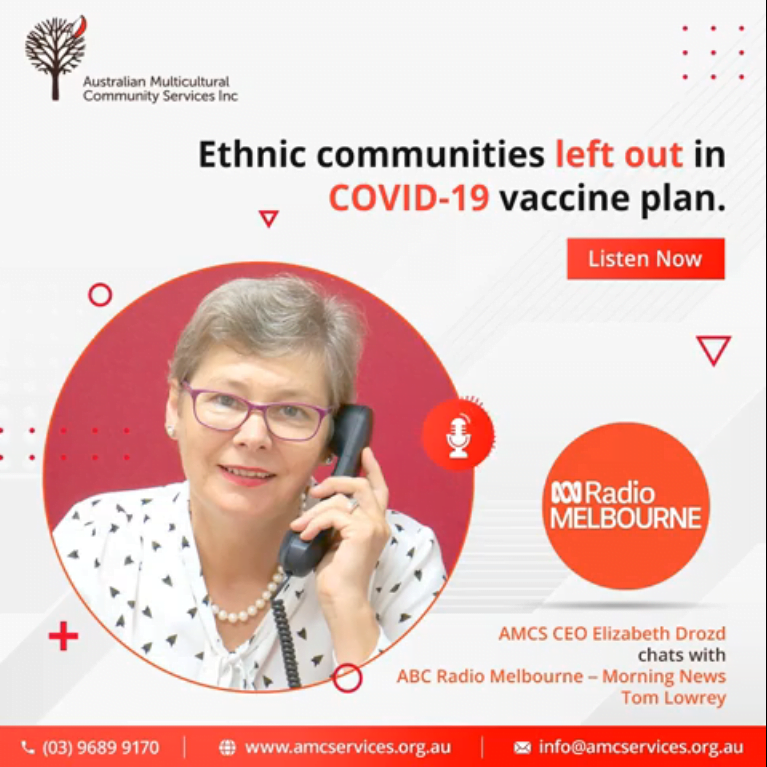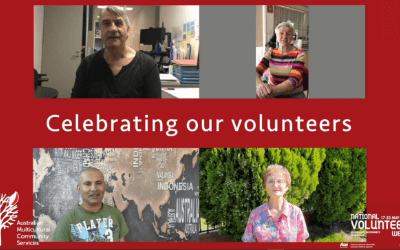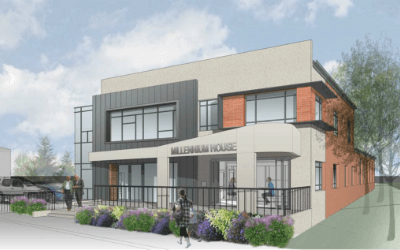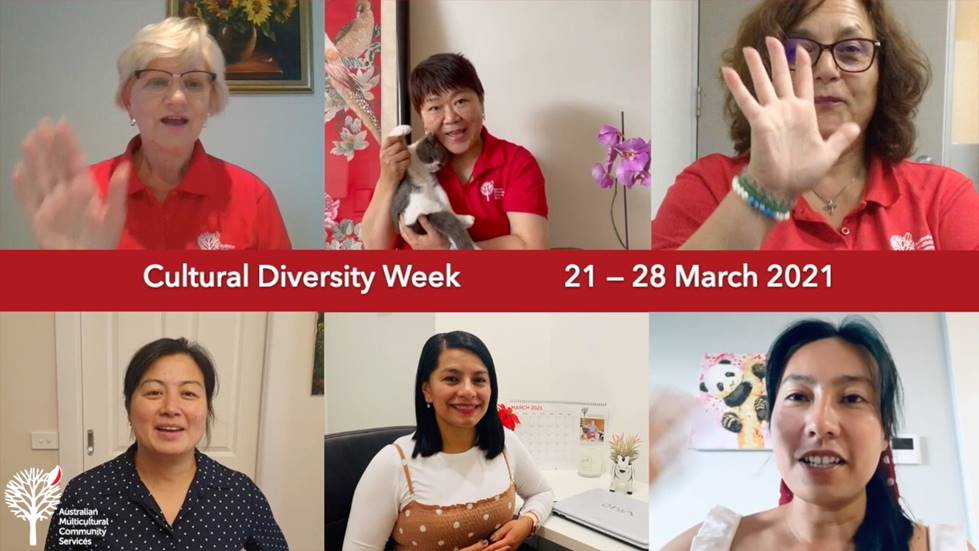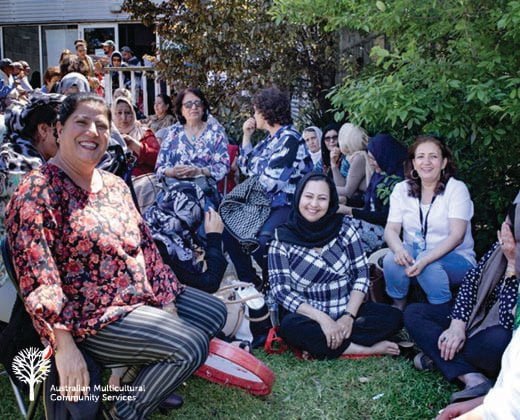As of December 1st, 2022, two new improvements to our aged care system have been implemented.
1. A new Code of Conduct for Aged Care
2. The Serious Incident Response Scheme (SIRS)
Both improvements will work to ensure increased protections are in place for all, and that AMCS continues to meet the highest quality care standards for you and your loved ones.
What is the Code of Conduct for Aged Care?
The Code will describe the behaviour expected of aged care providers, their governing persons (e.g. board members and Chief Executive Officers) and aged care workers. The Code will describe how providers and the people who provide your care must behave and treat you.
The Code will apply to:
• approved aged care providers of residential, home care and flexible care funded by the Australian Government
• governing persons (e.g. board members and CEOs)
• aged care workers
• contractors, volunteers or other people to provide aged care services.
The Code will give the Aged Care Quality and Safety Commission (the Commission) the power to deal with behaviour that does not meet the Code.
Further information on the Code of Conduct can be found
here:What is the Serious Incident Response Scheme?
The expansion of SIRS builds on existing requirements for providers to have effective risk management systems and practices for reporting, managing and preventing incidents.
These reportable incidents include:
• Unreasonable use of force – for example, hitting, pushing, shoving, or rough handling a person who receives aged care
• Unlawful sexual contact or inappropriate sexual conduct – such as sexual threats against a person who receives aged care, stalking, or sexual activities without consent
• Neglect of a person who receives aged care – for example, withholding personal care, untreated wounds, or insufficient assistance during meals
• Psychological or emotional abuse – such as yelling, name calling, ignoring a person who receives aged care, threatening gestures, or refusing access to care or services as a means of punishment
• Unexpected death – where reasonable steps were not taken by the provider to prevent the death, the death is the result of care or services provided by the provider or a failure by the provider to provide care and services
• Stealing or financial coercion by a staff member – for example, if a staff member coerces a person to change their will to their advantage, or steals valuables from them • Inappropriate use of restrictive practices – such as:
o where a restrictive practice is used without prior consent or without notifying the person’s representative as soon as practicable
o where a restrictive practice is used in a non-emergency situation, or
o when a provider issues a drug to a person to influence their behaviour as a form of restrictive practice
• Unexplained absence from care – where the person is absent from the service without explanation and there are reasonable grounds to report the absence to the police.
or call Aged Care Quality and safety Commission on 1800 951 822.
Everyone in aged care has the right to feel safe. AMCS support the introduction of these reforms and look forward to the positive outcomes for consumers across Australia as a result.
If you are an existing client of ours and have further questions, please do not hesitate to contact your Care Advisor to discuss.










